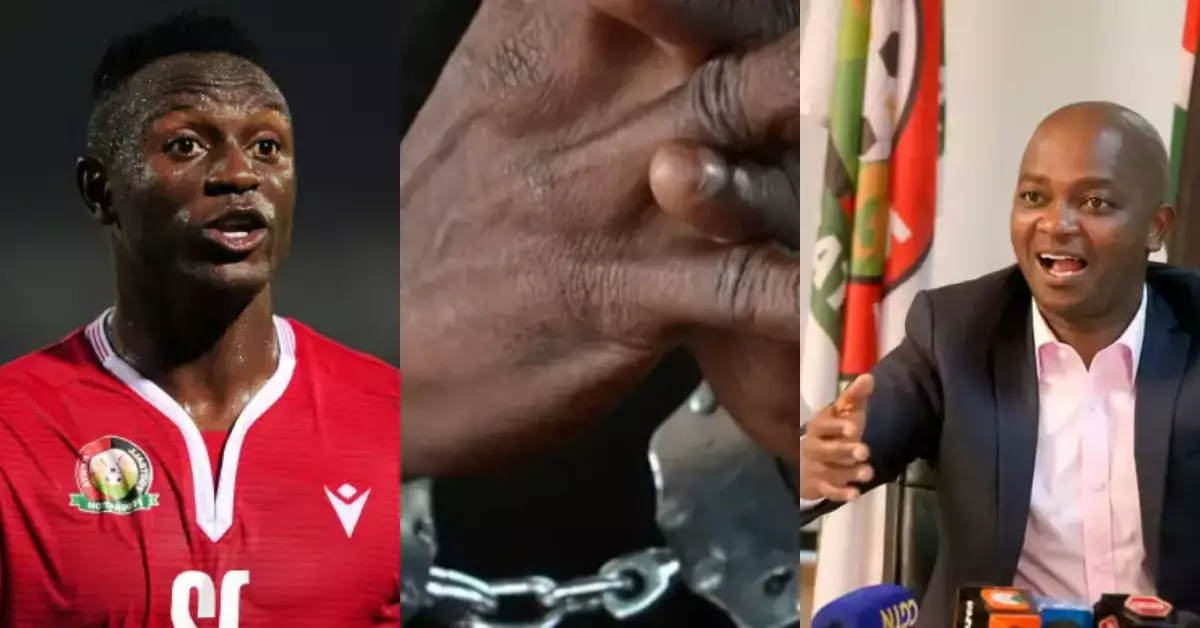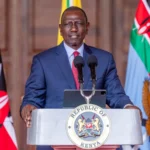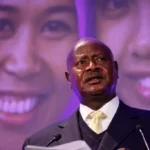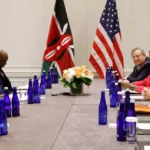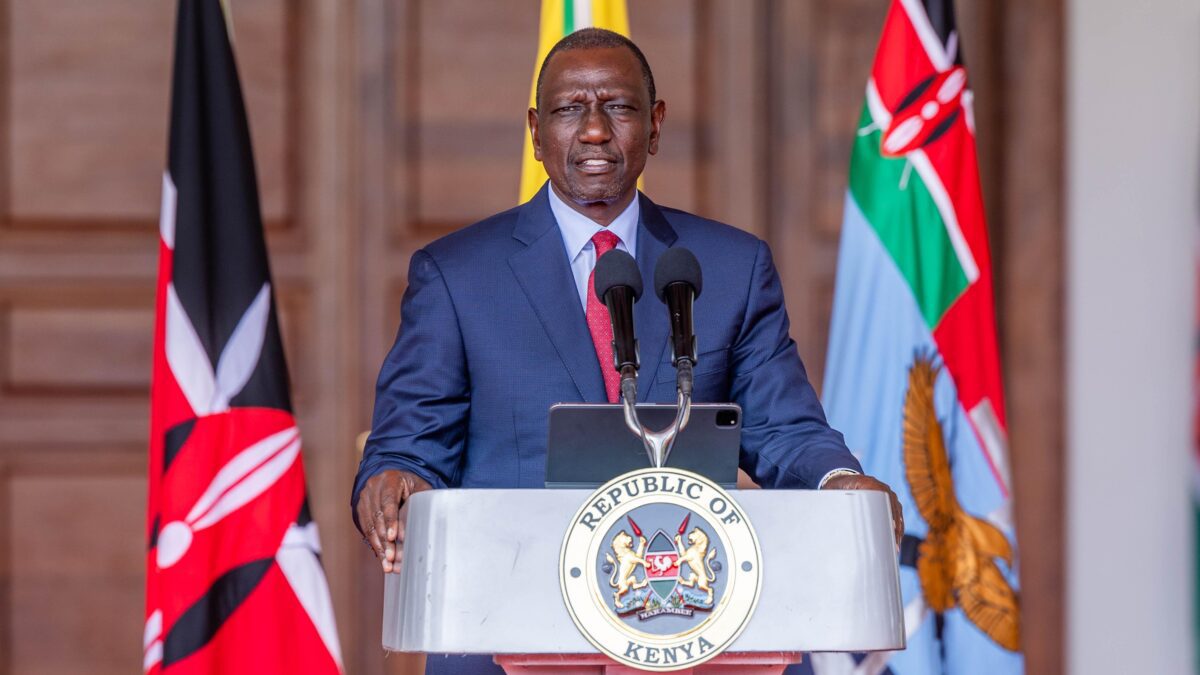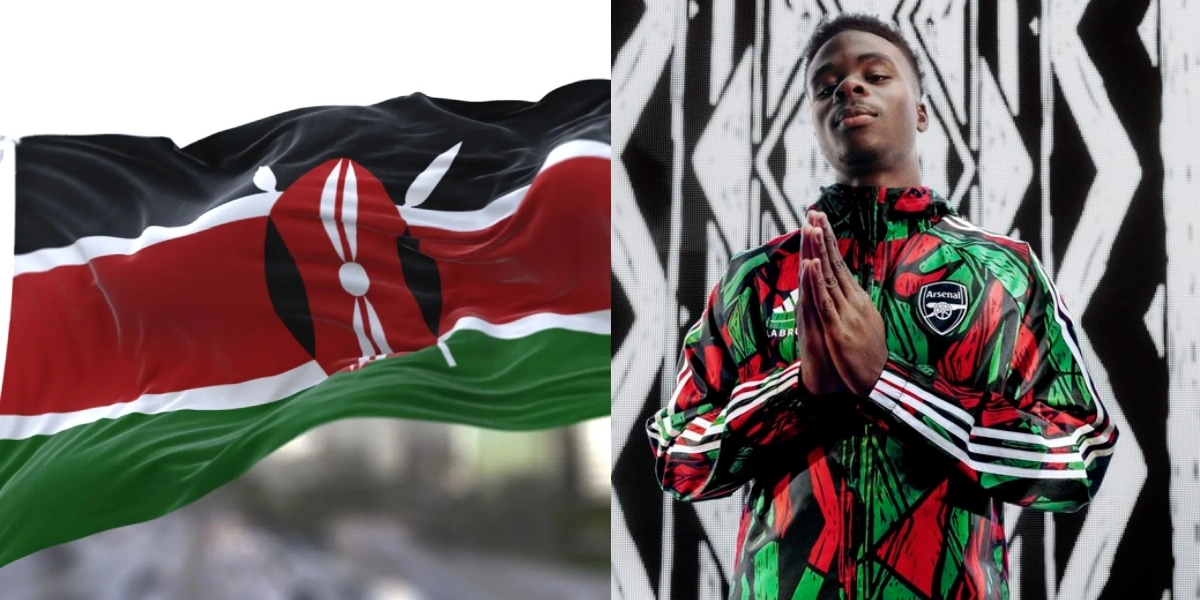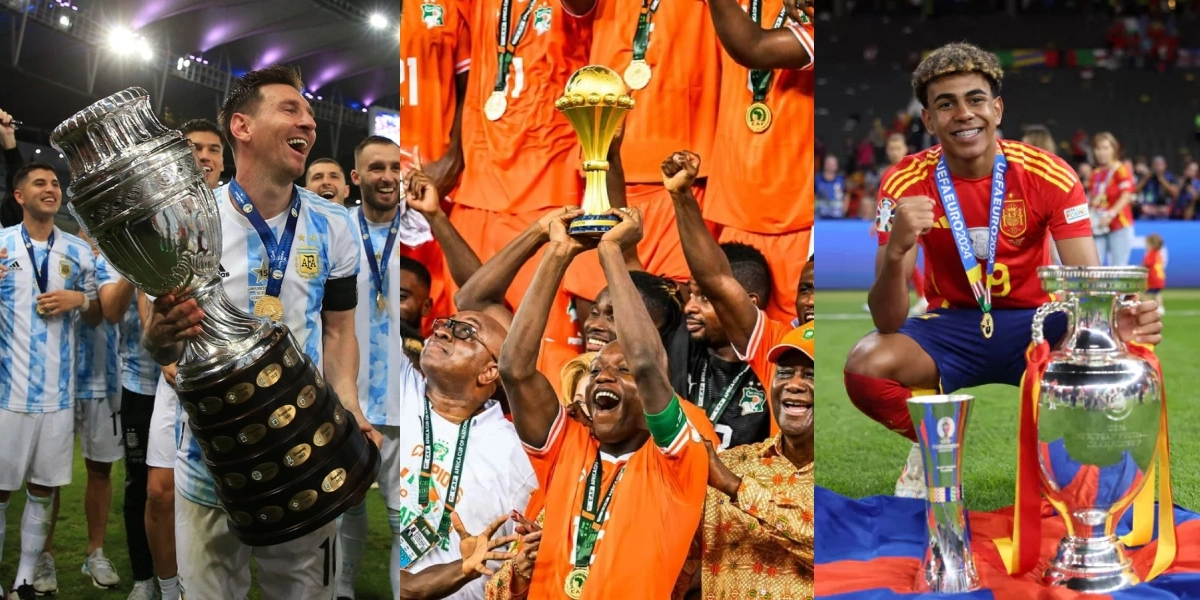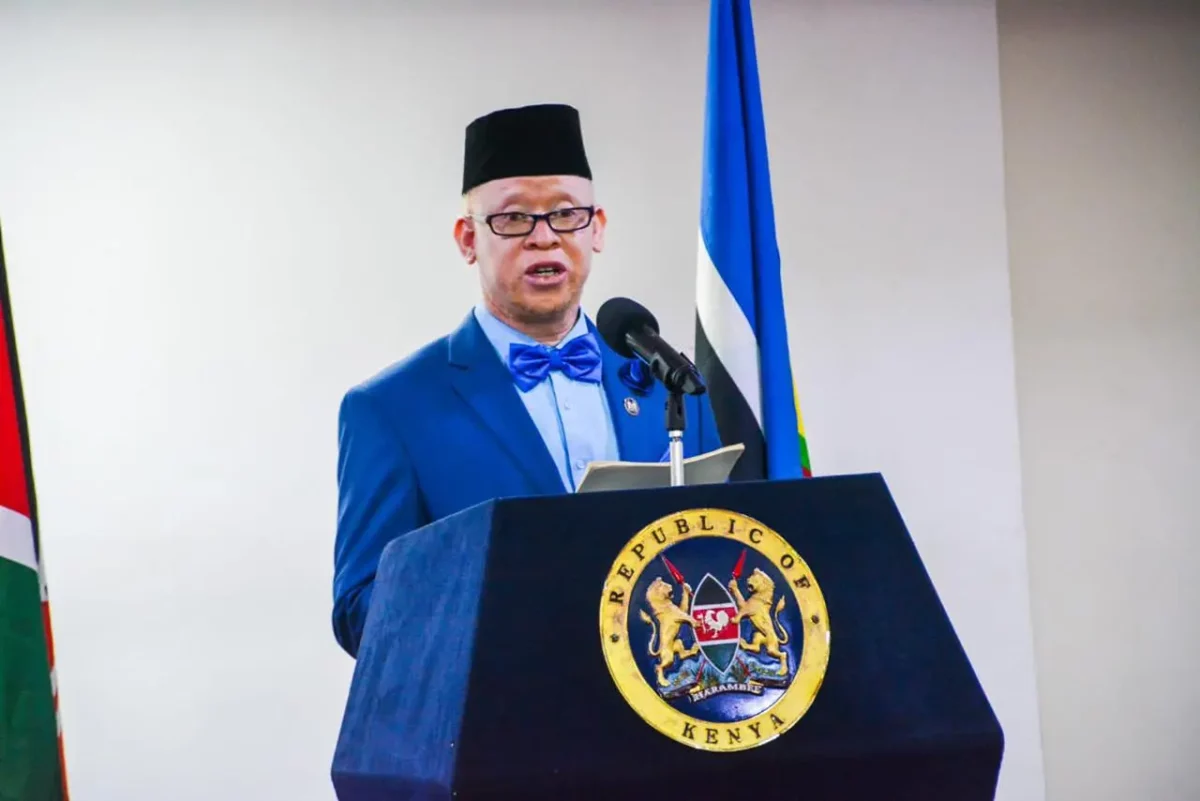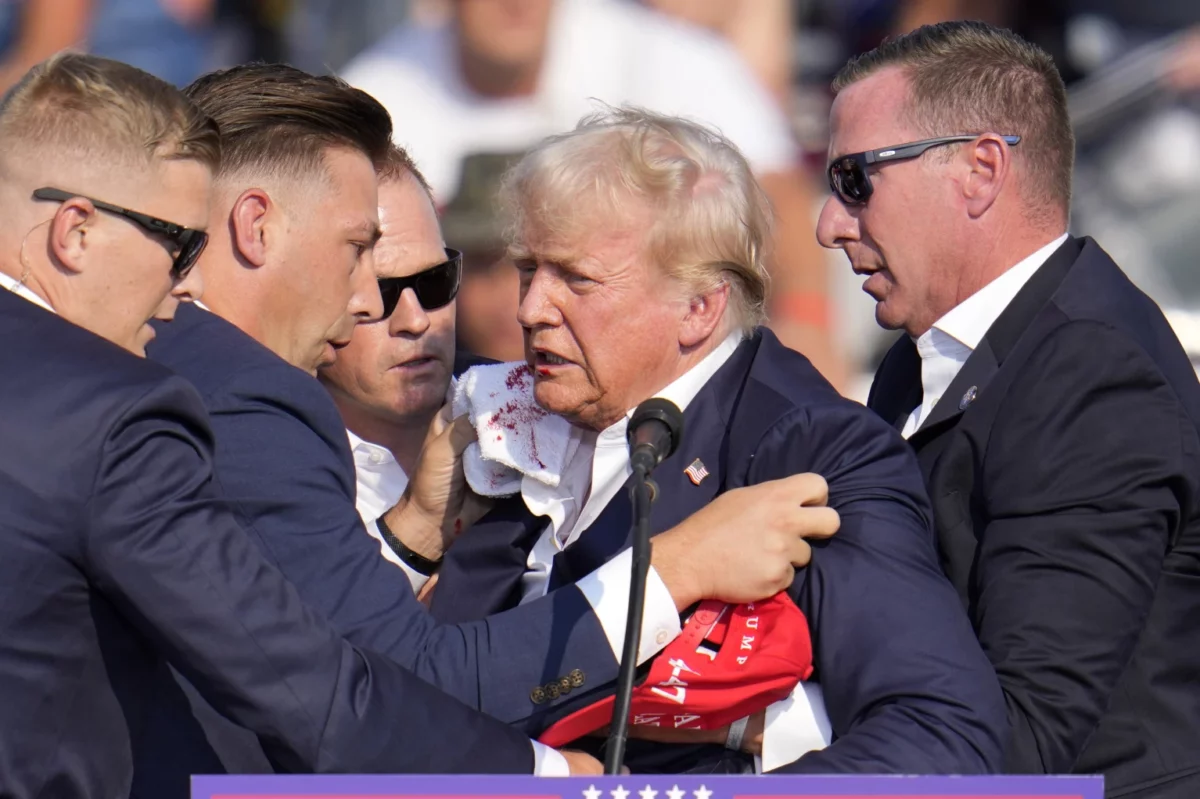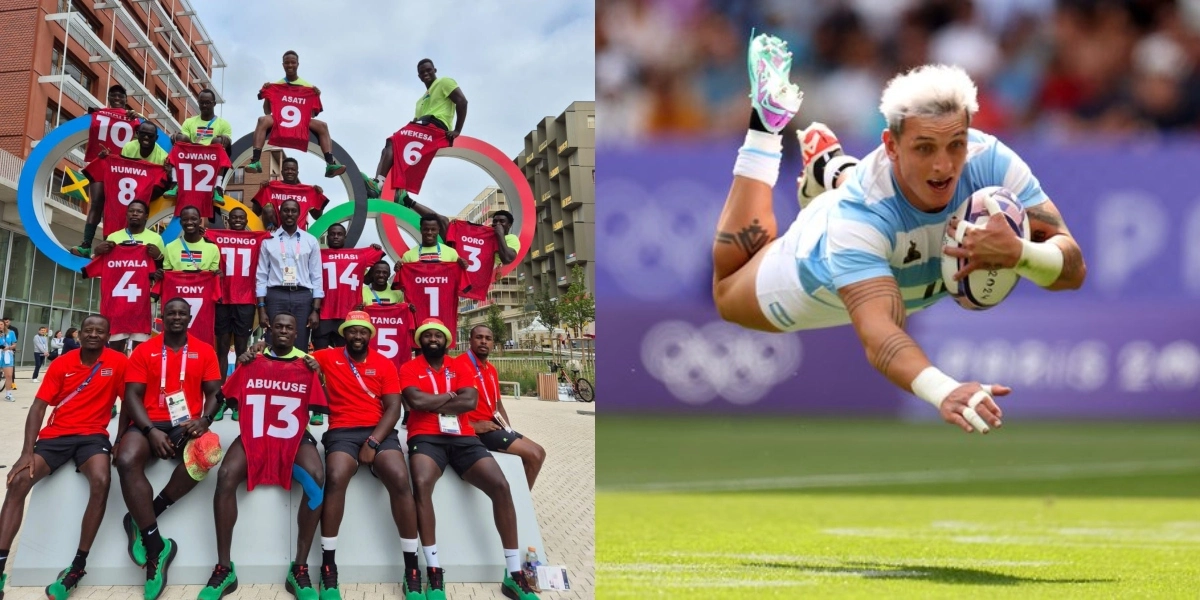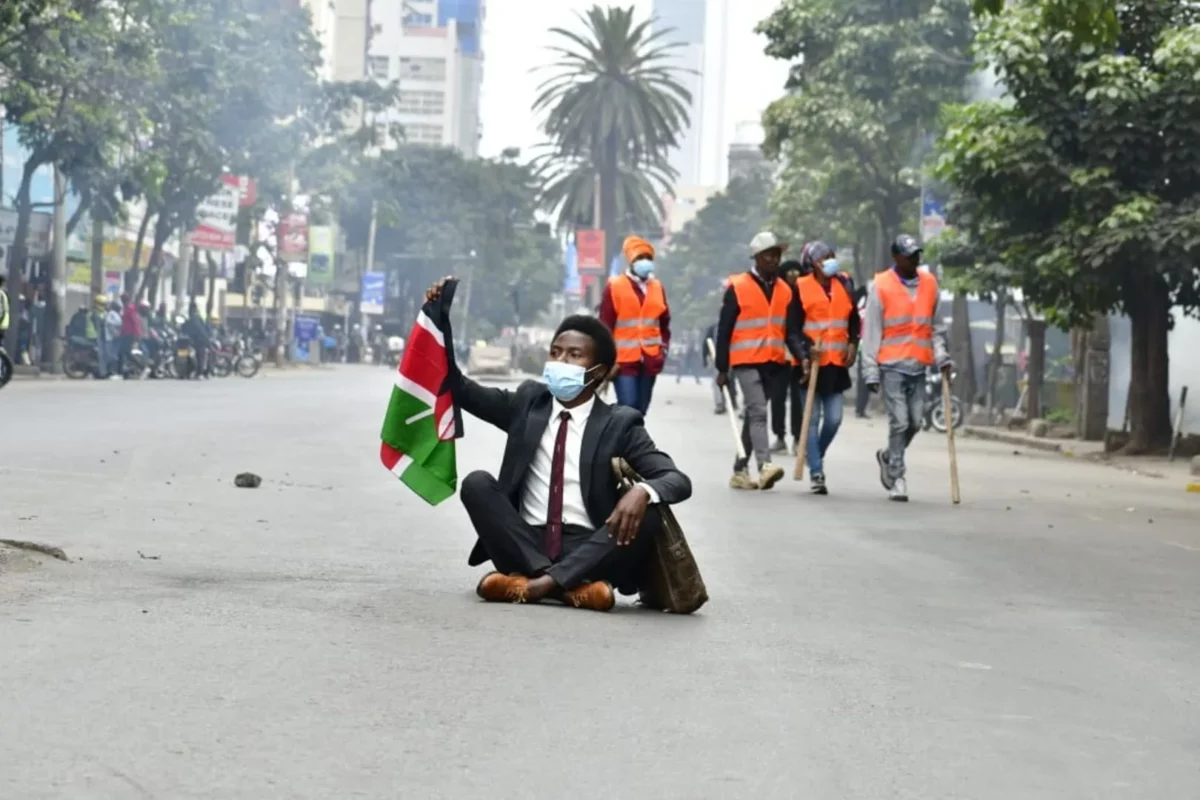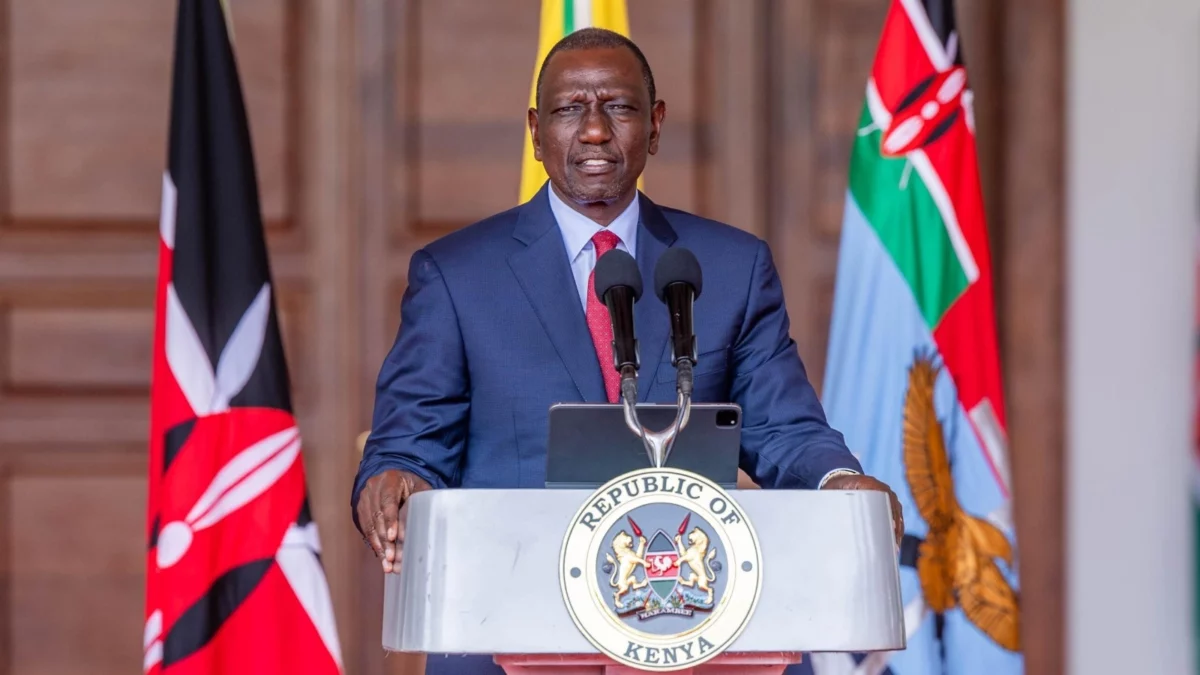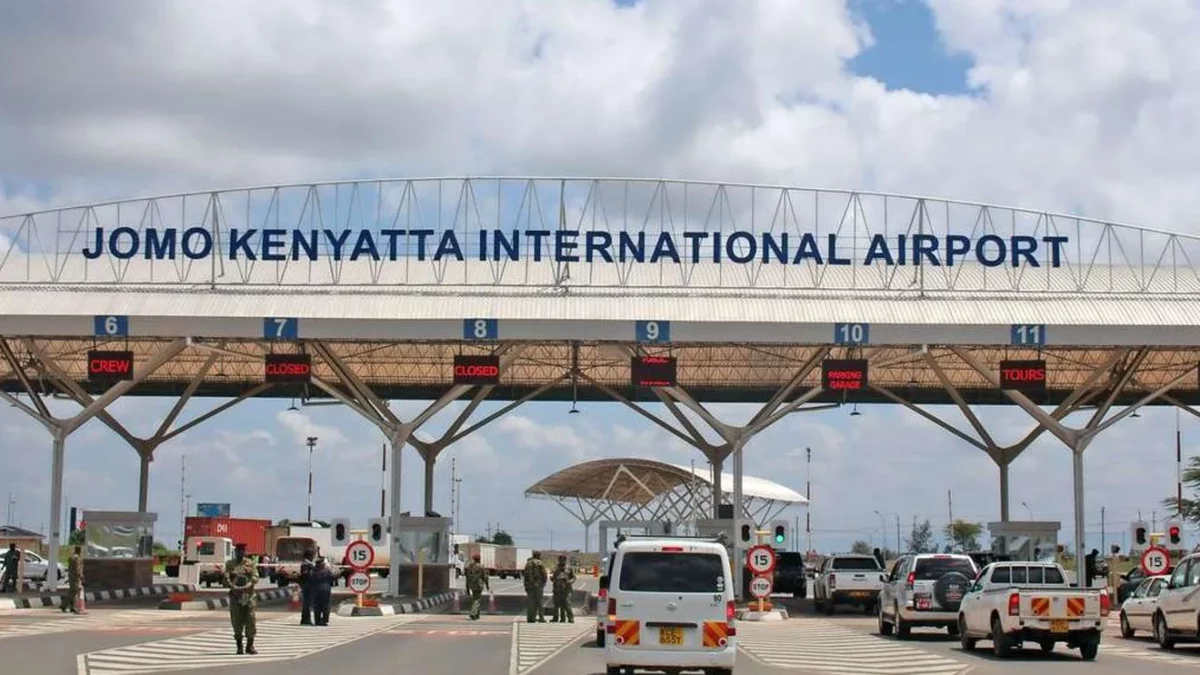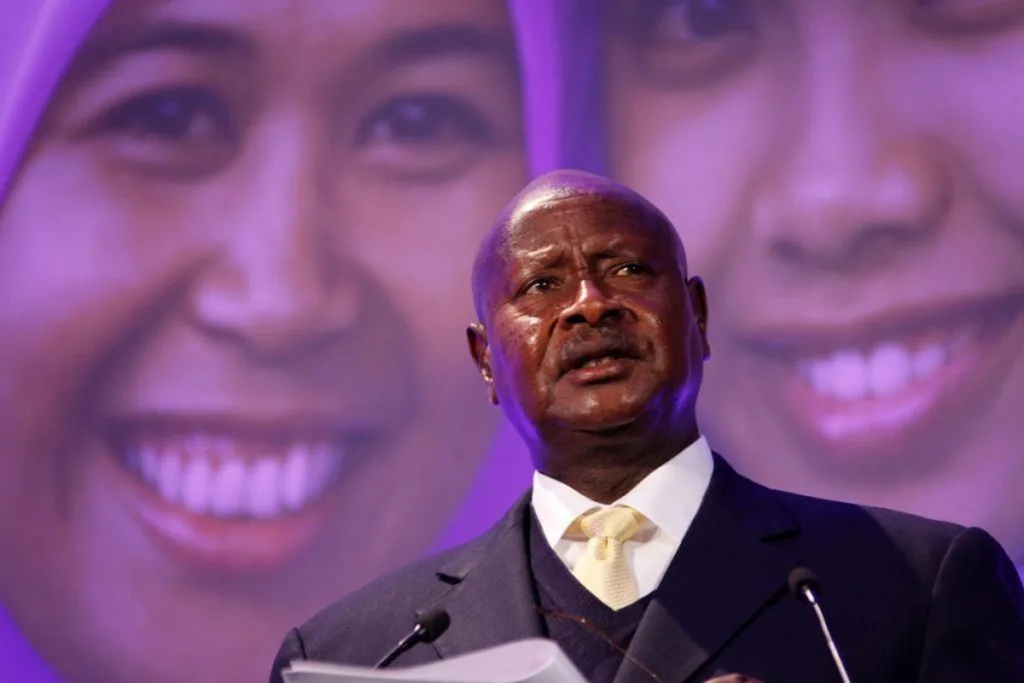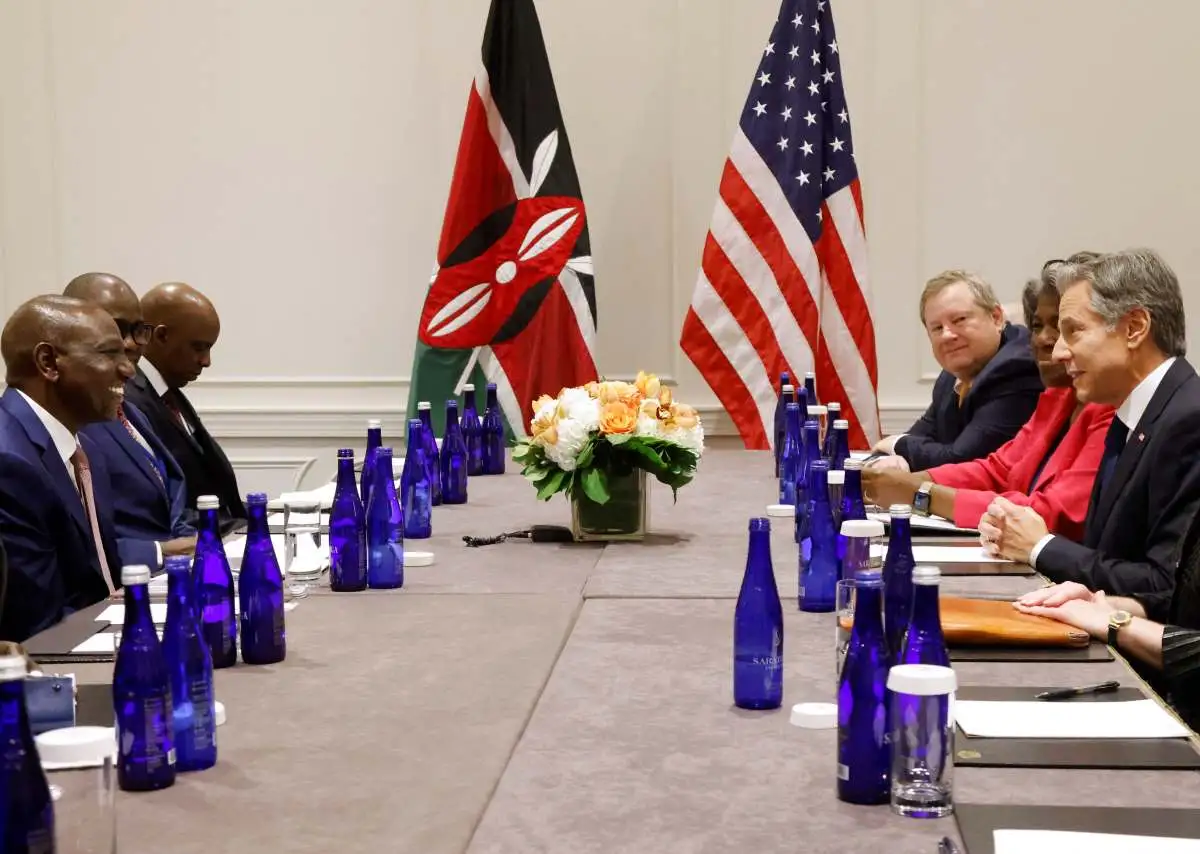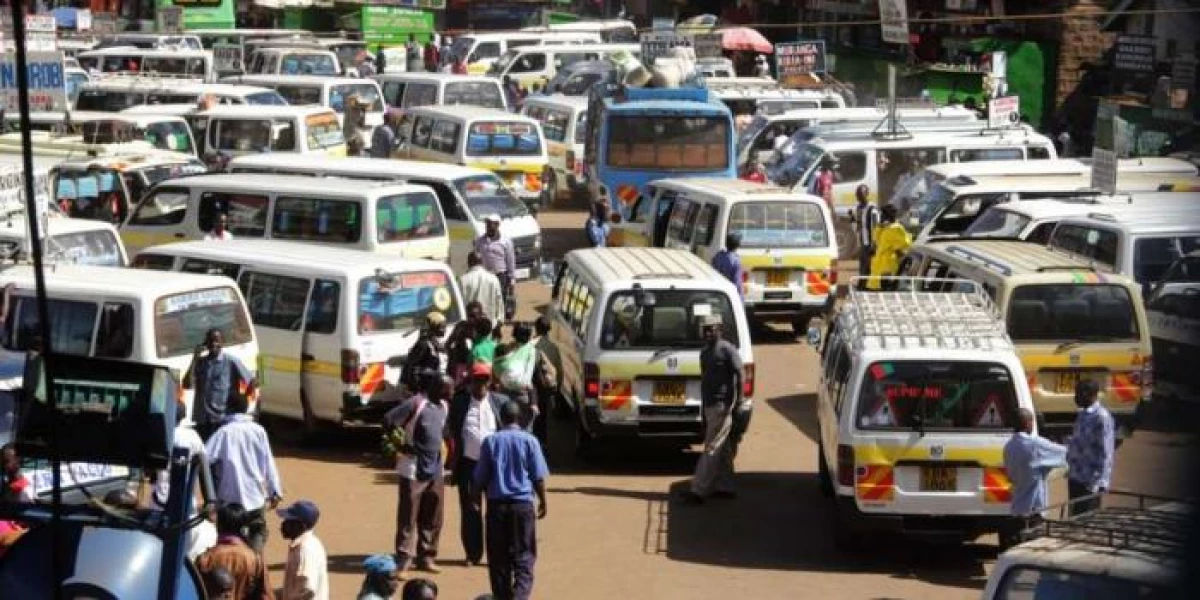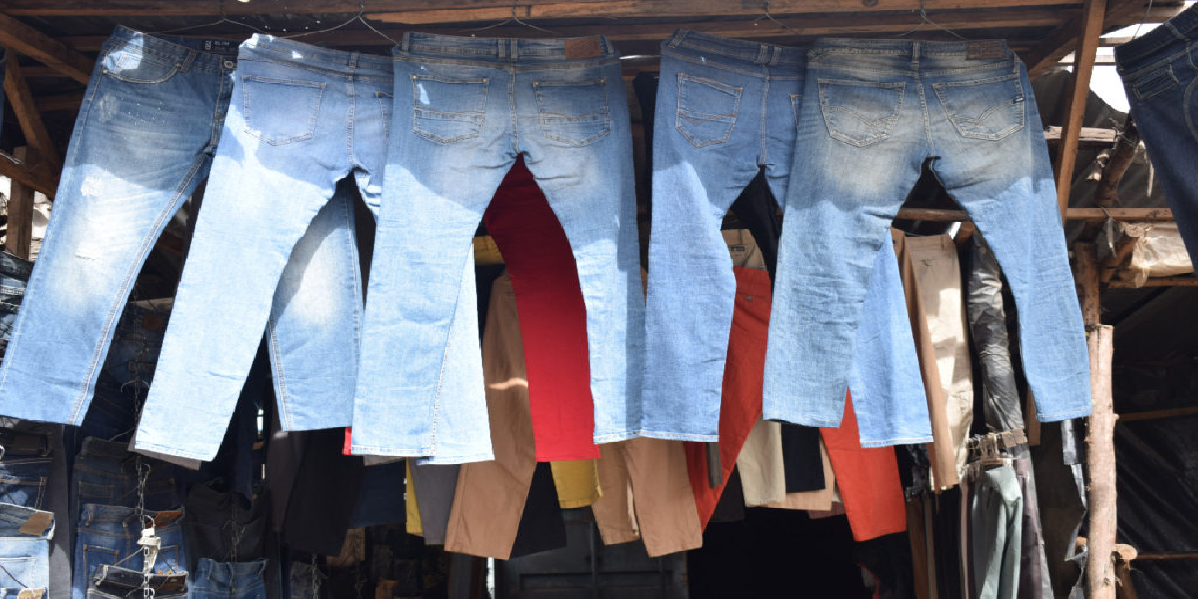Kenya’s football federation (FKF) has asked the country’s parliament to approve laws that criminalise match-fixing as efforts to clean up the beautiful game intensify, following recent comments by former Kenya captain and Tottenham Hotspur midfielder Victor Wanyama.
Subscribe to Switch TV for more exciting content
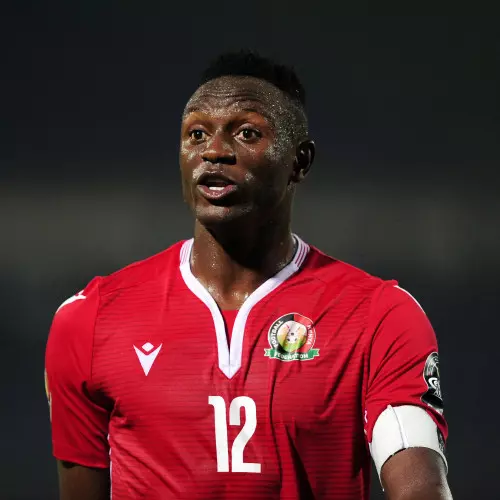
Victor Wanyama told BBC he would not agree to return to the national team until those running the game showed “more professionalism”.
The request follows an investigation where multiple players and officials were suspended earlier this year.
Read Also: Match-fixing: Three suspects released on bail, Sh300,000
Football Kenya Federation (FKF) president Nick Mwendwa believes the absence of local laws to address the issue has led to a rise in cases.
He said: “The federation can only take action against match-fixers who are our members but this is not enough.”
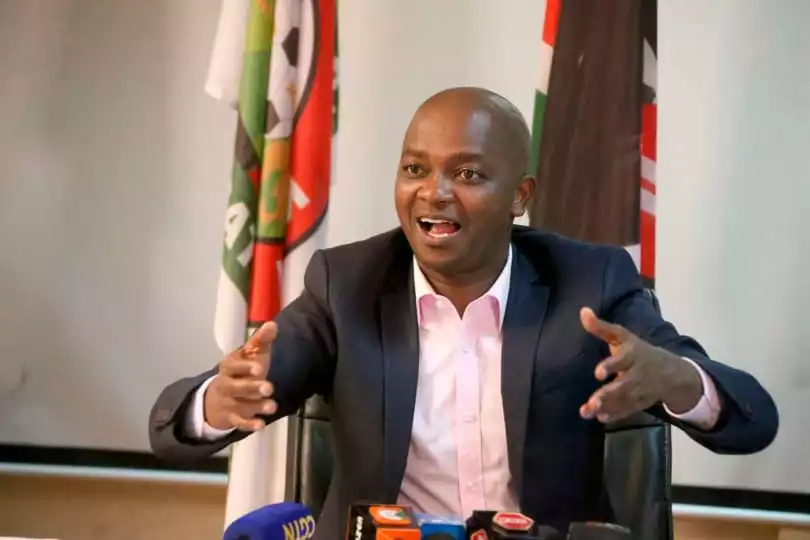
Inside Kenyan match-fixing
Earlier this year, Russian national Akhiad Kubiev, Ugandan Bernard Nabende and Kenyan Martin Munga Mutua were arrested in Nairobi.
Read Also: FKF-PL Match Fixing: Three Arrested, National Super League (NSL) Round 13
However, the three denied the charges of cheating contrary to Section 315 of the Penal Code when they appeared before Principal Magistrate Eric Mûtûnga at Makadara Law Courts on Monday.
Kenya Police, Nation Media Group, and footballers attached to Football Kenya Federation (FKF) Premier League side City Stars were all involved in the operation that led to the arrest.
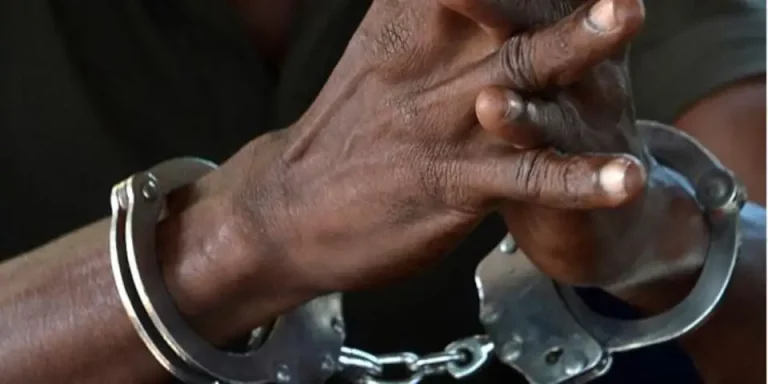
Read Also: In sports you win and you lose – Kipchoge on Boston Marathon Upset
The three were arrested together with seven Nairobi City Stars players whom they had approached, to help fix their FKF-PL match.
Former footballer Festo Omukoto led the set-up; the players were to pocket a sum of Ksh 1.8 million ($14,000) if the deal went through. However, they were to first receive Ksh 30,000 each through Mpesa as transport to the match venue.
🇰🇪 Kenya's football federation has asked the country's parliament to approve laws that criminalise match-fixing.@Football_Kenya's @Nmwendwa believes the absence of local laws to address the issue has led to a rise in cases.
— BBC News Africa (@BBCAfrica) April 19, 2023
More: https://t.co/N6ZpZhqEzl pic.twitter.com/PyDYH4BSxu
Read Also: Man City to Expand Etihad to over 60,000 Capacity
The suspects tried to bribe the police with Ksh 1 million, admitted to having infiltrated several local clubs and claimed to be “well connected”.
Lack of legislative provisions to deal with individuals suspected of match-fixing
At a hearing of the Sports and Culture Committee, Mwendwa told MPs:
“We have cases where individuals suspected of match-fixing are arrested and presented in a court of law, only for the cases to be dismissed for lack of legislative provisions to deal with the problem.
“We need to have people arrested and punished so we can end this vice.”
The Football Kenya Federation has asked the National Assembly to urgently enact a law to criminalize match-fixing.@Football_Kenya @Nmwendwa #AfricanFootball pic.twitter.com/KbGPkHwtNB
— Eric Njiru (@EricNjiiru) April 18, 2023
Mwendwa added inadequate financial resources at both club and federation levels means teams and match officials can become vulnerable to match-fixing gangs, stating this was particularly true while the FKF was under a suspension handed out by the government over alleged misappropriation of funds.
“The vice took root in our leagues between November 2021 and October 2022 when FKF was suspended,” he said.
“Match-fixers took advantage of the fact that there was no regulator with the expertise to detect and track what was happening.”
Football should be fixed in kenya how do agents of match fixing rewarded . We call upon CECAFA,CHAN and FIFA to intervene. AFC leopand tuwache millicent Omanga..Ababu nam wamba Andrew kibe @AFCLeopards @AbabuNamwamba .
— Mmbala Drainar CBS (@Mmbaladraina1) April 19, 2023
@moscakenya @CECAFA @FIFA.. pic.twitter.com/o4J5C6Ti2z
Read Also: EPL Roundup: Arsenal’s Title Hopes Fade, Antony Shines, Villa’s Promising European Dreams
Mwendwa also told the committee that match-fixing is mostly run by syndicates operating out of Asia who approach players and officials to manipulate games.
“When football is manipulated it ruins the authenticity of the game which drives fans away,” he added.
“It’s clear that match-fixing is a massive threat to football as a sport and an industry.” So far, the FKF has suspended 25 individuals, consisting of 18 players and seven match officials.
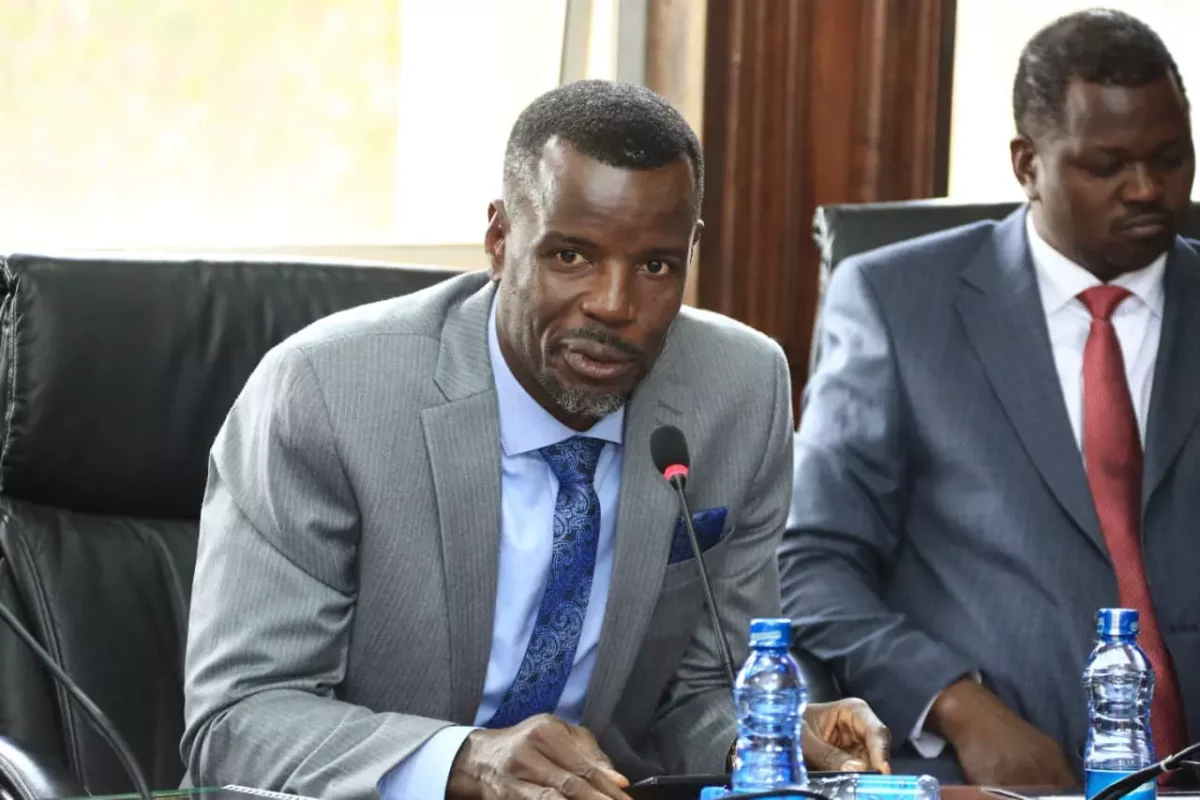
MP Daniel Wanyama, the committee chair, agreed there was an urgent need to enact laws to punish match-fixing.
“We have heard you. We will help put in place legislation to criminalise match-fixing so that those who engage in this vice can be charged and arrested in a court of law,” he said.
Subscribe to Switch TV for more exciting content
In 2019, Fifa demanded a full investigation into claims that several men’s international matches had been fixed, including a 2010 World Cup qualifier.


